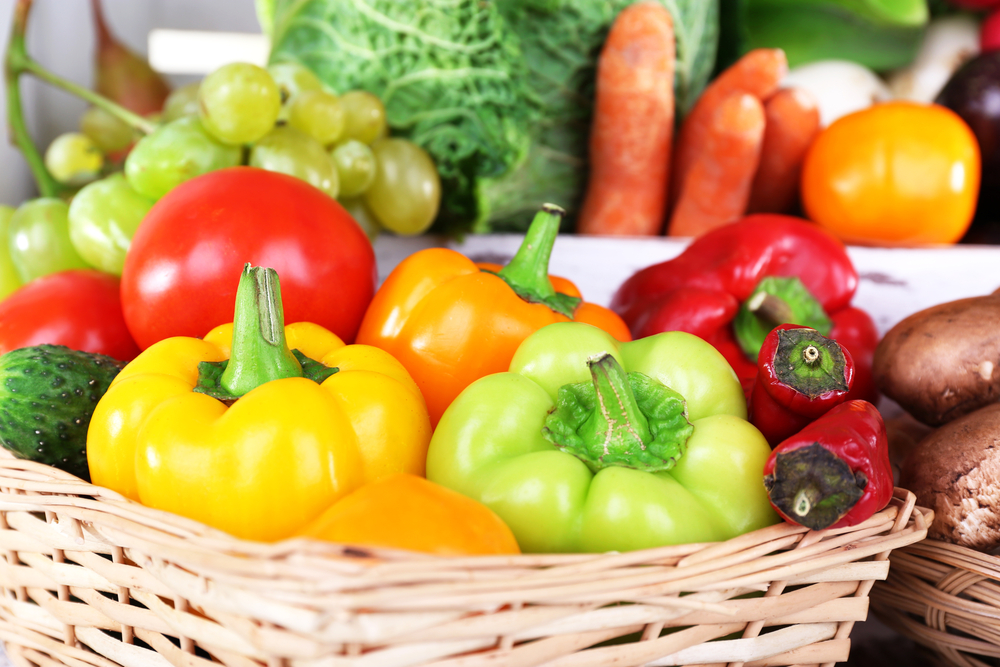Eating more fish can reduce the risk of bowel cancer

Putting fish on the menu – white and oily – three or more times a week can lower your risk risk of bowel cancer. So say researchers from the University of Oxford and the International Agency for Research on Cancer who followed nearly 500,000 people over 15 years[i]. They found that those who ate the most fish (equivalent to three portions a week) had a 12% lower risk of bowel cancer than those who ate the least.
Eating plant-based foods can reduce risk of type 2 diabetes

Piling your plate up high with plant-based foods can reduce your risk of developing type 2 diabetes by almost a quarter according to recent review of studies[ii]. Go for veggies, fruit, wholegrains, legumes, nuts and seeds, which are all rich in fibre and antioxidant nutrients known to protect against diabetes. As well as fresh fruit and vegetables, Diabetes UK also advocates fermented foods like unsweetened yoghurt.
Migraine matters

Despite being recognised as one of the most disabling lifetime conditions, understanding and awareness of migraine is often low so make this year’s Migraine Awareness Week (September 1-7th) the time to find out more.
One in seven of us is thought to suffer from this throbbing ache that usually settles on one side of the head and can last for days. Sadly as yet there is no definitive cure but studies are starting to show that the herbal remedy feverfew may help to lessen the pain. No one knows for sure how feverfew works but its leaves contain various plant chemicals with anti-inflammatory properties, which are thought to be beneficial.
To find out more visit the migraherb website
Long term use of antibiotics may increase risk of cardiovascular events

As the cold and flu season approaches here’s another reason why antibiotics should be used only when absolutely necessary. According to recent US study[iii] which monitored around 36,000 women over eight years, using antibiotics for longer than two months increased the risk of cardiovascular problems such as heart attack or stroke by about a third. It’s thought the reason may be due to antibiotics disrupting gut bacteria leading to weight gain – a risk factor in heart disease.
[i] Agalo EK, Huybrechts I, Murphy N, et al. Consumption of Fish and Long-chain n-3 Polyunsaturated Fatty Acids Is Associated With Reduced Risk of Colorectal Cancer in a Large European CohortClinical Gastroenterology and Hepatology. Published online 25 June 2019
[ii] Qian F, Liu G, Hu FB, et al.Association Between Plant-Based Dietary Patterns and Risk of Type 2 Diabetes – A Systematic Review and Meta-analysis JAMA Internal Medicine. Published online 22 July 2019
[iii] oriko Heianza, Yan Zheng, Wenjie Ma, Eric B Rimm, Christine M Albert, Frank B Hu, Kathryn M Rexrode, JoAnn E Manson, Lu Qi. Duration and life-stage of antibiotic use and risk of cardiovascular events in women. European Heart Journal, 2019; DOI: 10.1093/eurheartj/ehz231






















Add comment